The latest Steam hardware survey data reveals an exciting development: AMD CPUs are gaining market share on Linux gaming systems, overtaking Intel. According to the published statistics of Steam’s hardware survey for the month of June, AMD CPUs have further extended their lead on Linux systems. With an impressive 7.6 percent increase, AMD’s overall market share is now a whopping 67.15 percent. Intel, on the other hand, lags well behind AMD with a market share of 32.84 percent.
What is driving Linux users to increasingly rely on AMD is the company’s remarkable commitment to open source technologies. Through their support and promotion of open source, AMD is gaining the trust of the Linux community and capturing their market share. It’s a controversial topic that sparks heated discussions, but the numbers speak a clear language: AMD dominates the Linux market and shows that they are a serious alternative to Intel. Interestingly, Intel remains on top on Windows systems. But in the Linux sector, the giant of the processor industry has to admit defeat to the strong competition from AMD. This development promises exciting developments in the hardware landscape and makes the gaming community look forward to the future innovations of both companies.

AMD’s open source graphics processor drivers (AMDGPU & AMDKFD) undoubtedly represent an extremely exciting and debatable example. These wild pieces of software are an integral part of the Linux kernel and are constantly updated and improved by AMD at a breathtaking pace. But that’s not all. The AMD ROCm (Radeon Open Compute) platform is also a good selection of open software. This platform is open to all brave users who are into high performance computing and machine learning.

Over the past six years, AMD has experienced an incredible rise in the Linux universe, establishing itself as a hot-blooded player. In fact, AMD is the undisputed boss in this exciting ecosystem, and it clearly owes that to the company’s impressive offerings. But wait, when it comes to Windows operating systems, the whole story suddenly looks quite different. The facts speak for themselves: Intel holds the lion’s share of a whopping 68%, while AMD has to settle for a modest 32. Such a stark difference can only be attributed to Intel’s market presence compared to AMD, as well as performance differences in certain scenarios.
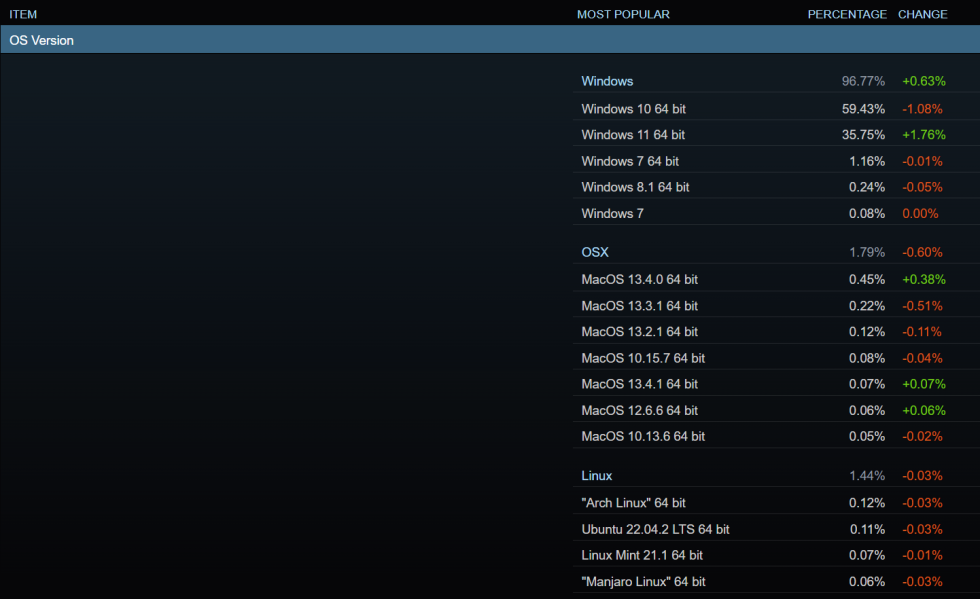
AMD has been increasing its presence in the Linux community, but has yet to match the controversial behemoth Windows, which is the dominant platform. A proud 96.77 er Steam users revel in the sensual pleasures of Windows, while 1.79 er can’t resist the tantalizing temptations of OSX and 1.44% live out their fiery passion for Linux. There’s no denying that Windows is still the top choice among gamers, and its impressive market share has grown steadily in recent years. While Windows 10 still reigns supreme, Windows 11 is catching up and currently captures a share of 35.75%, while the previous operating system has to settle for 59.43.
Source: WccfTech






















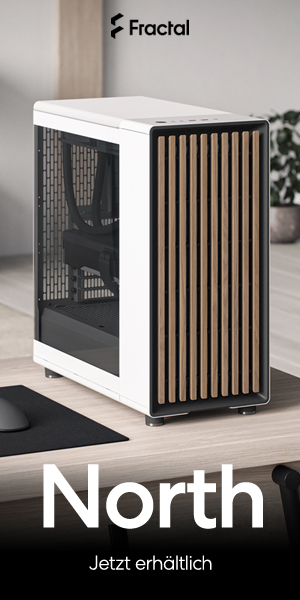
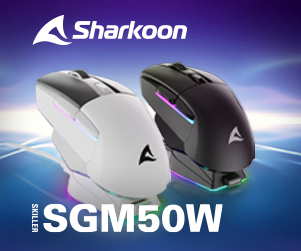


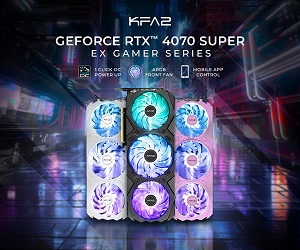

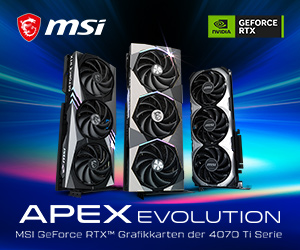


15 Antworten
Kommentar
Lade neue Kommentare
Urgestein
Urgestein
Mitglied
Urgestein
Urgestein
Veteran
Urgestein
Urgestein
Veteran
Urgestein
Mitglied
Urgestein
Urgestein
Urgestein
Mitglied
Alle Kommentare lesen unter igor´sLAB Community →